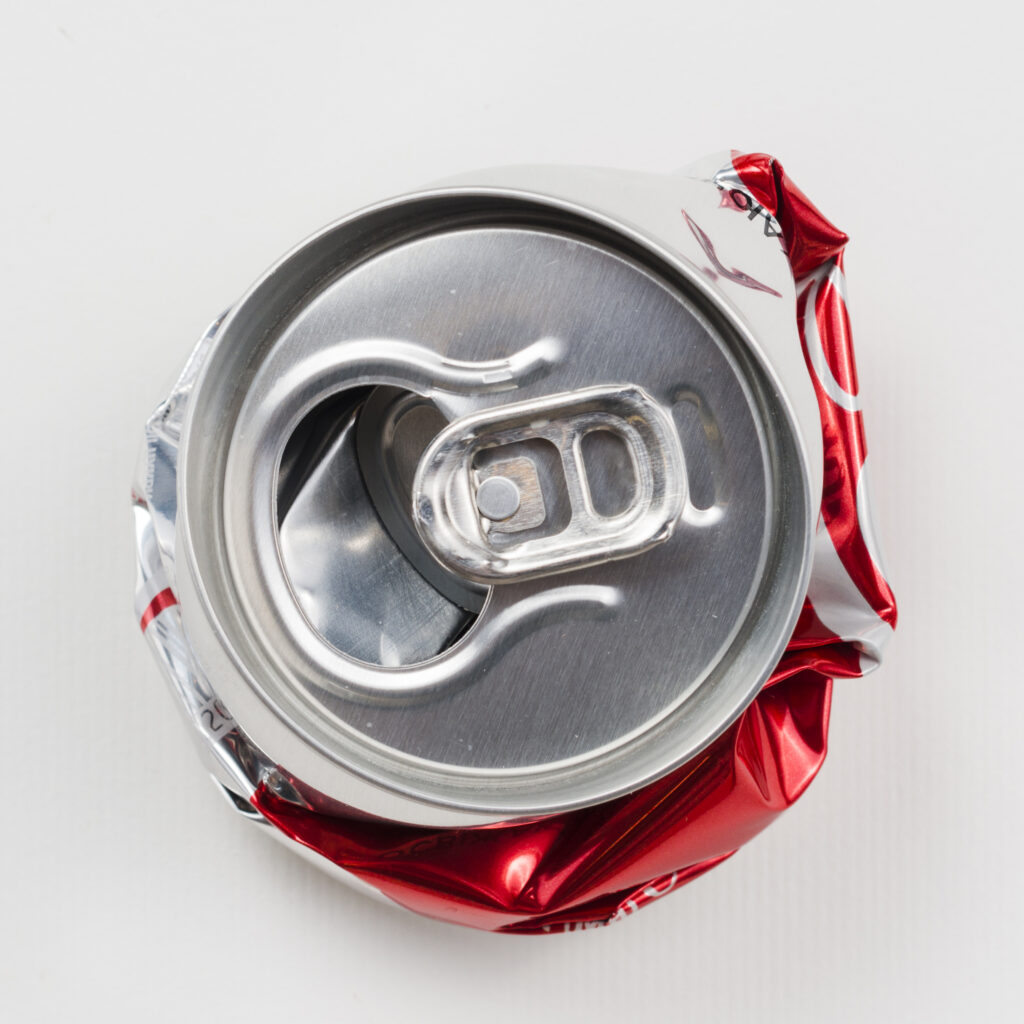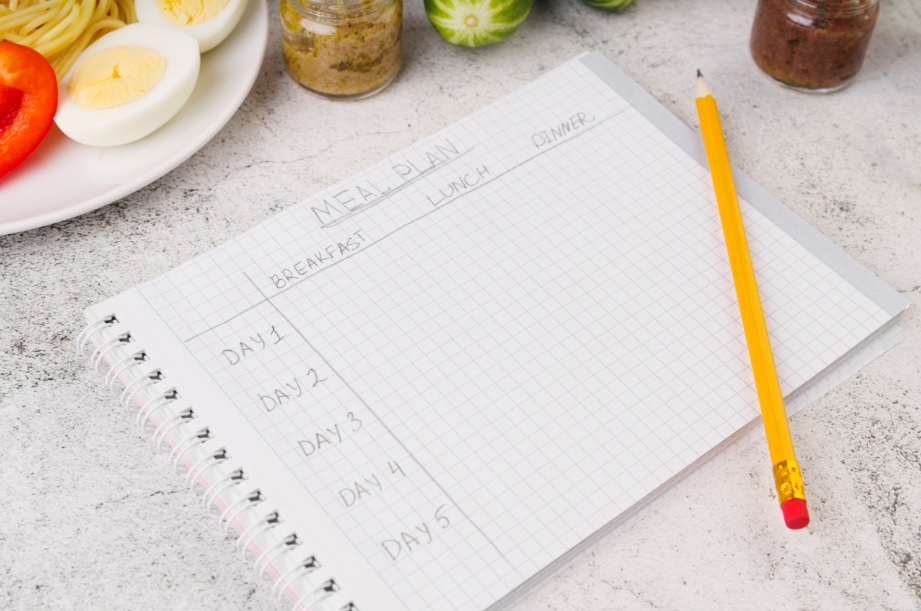January has come round again, and as we make plans for 2022, many of us have ambitious plans on how to make the new year a success. Over the past few years, more and more of us have shown an interest in sustainability and supporting a circular economy – many of these newfound interests get adopted into new years resolutions.
With larger lifestyle changes, they can often be difficult to stick to and we end up reverting back to old habits. To help avoid this, Cromwell has devised a few easy-to-follow lifestyle tips that will help you improve your waste management and recycling techniques to support a healthier more economic planet.

Remove, rinse, crush, repeat
Recycling is a great and economic way to help your unwanted waste have a chance of a second life. Whilst recycling is great, there is always room for improvement. Before we place any item into the recycling, we must ensure it is as clean as possible, removing all labels, sticks, and food or other residues. Taking an extra step, we should crush down, plastic, aluminium, and paper waste, not only to help make more room in the recycling bins but also it helps make the recycling process easier.
Try saying no to ‘Fast Fashion’.
Whilst ordering clothes online has become an increasingly popular and convenient method of shopping, it is also contributing to ever-mounting levels of clothing and textile waste. Many of the ‘fast fashion’ style outlets are also selling clothes at a lower quality with reduced lifespans, once again contributing to the waste problem. Instead, opt for a more sustainable option, many stores now have introduced a recycled fashion line. Check out local charity shops, or re-selling apps, and give clothing a second life. Or even try to repair or repurpose your unwanted or damaged clothing, its 2nd life doesn’t have to be as a waste product.
Avoid the unnecessary
Like it or loath it, Shopping is an essential part of life. Where it becomes an issue, is when we begin excess buying or over-purchasing. Getting drawn in buy in-store or online deals can often result in us buying items we do not need, nor have use for, which later become waste. Avoiding the temptation of a deal or discount may be a tricky task but going to the shop with a list and budget in mind, will help impulse buying.
Plan your meals
Food waste is an ever-growing and often forgotten part of household waste. Food is often disposed of when it expires or is forgotten about and now no longer wanted, or if there was too much food in the first instance. Here is where planning meals can help to reduce waste levels. Checking expiry dates, and ensuring you eat the ones that go off first is a great step to prevent unnecessary waste. Also ensuring you have just the right amount of ingredients and not over-purchasing will also help prevent excess. For any excess created or food purchase you won’t consume before they expire, make sure you freeze them down or take them to a food bank.
Learn the do’s and don’t
Each council has different recycling strategies, as do different material types, so it is easy to get confused and mix up waste. However, although a harmless mistake to the residents, it has big impacts on the recycling and reprocessing methods, one incorrect item in a recycling waste stream and contaminates the entire batch, leaving it all un-recyclable. Some quick simple research into both the recycling methods of material types, coupled with the strategies set in place by the local authority you reside within, will help you to choose the best end of life for your waste.
Adopting some of these changes into your lifestyle will make a big impact to our planet, helping create a cleaner, greener place. This new year, try out these sustainable resolutions and make an eco-impact.
For more tips, head to our blog.
